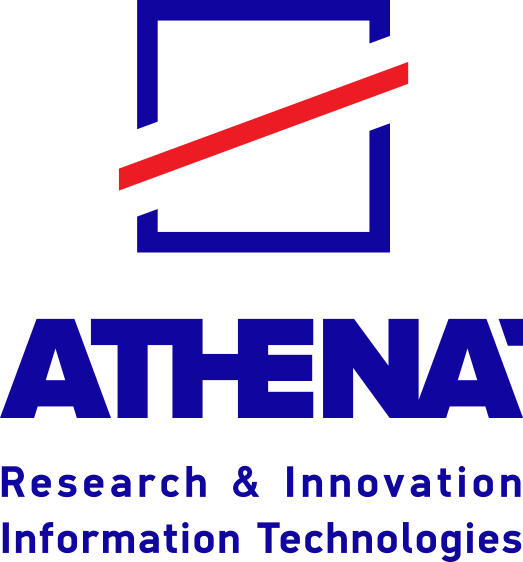Archimedes Seminar by Nikos Paragios on "Seeing the Invisible - Doing the Impossible: AI-powered diagnosis, treatment and beyond"
12 February 2026
On Monday 16 February, 2026, from 2:00 pm to 3:30 pm, at the Archimedes Amphitheatre (1 Artemidos Street, 15125, Marousi, Archimedes, Athena Research Center, Greece), Professor Nikos Paragios, Distinguished Professor of Mathematics, University of Paris-Saclay, France, and Chief Executive and Technical Officer, TheraPanacea, Paris, France, will deliver an Archimedes Seminar on "Seeing the Invisible - Doing the Impossible: AI-powered diagnosis, treatment and beyond".













